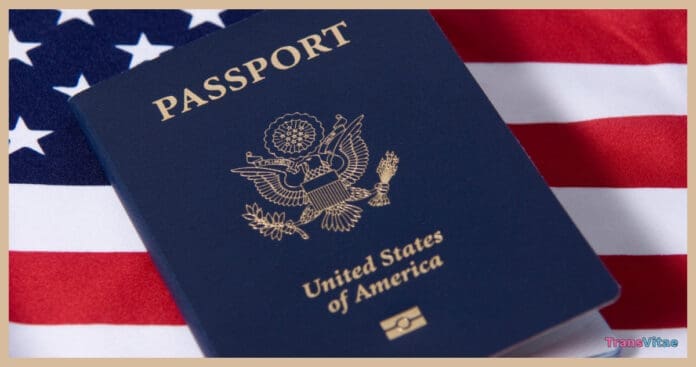The U.S. Supreme Court on Thursday allowed the Trump administration to begin enforcing a policy that requires passports to list a person’s sex as assigned at birth, reversing lower court rulings that had blocked the restrictions. The decision marks another significant setback for transgender and nonbinary Americans seeking federal recognition of their gender identity.
The unsigned order, issued without full briefing or oral arguments, grants the administration’s emergency request to reinstate the rule while legal challenges continue in lower courts. The policy effectively ends the option for applicants to select the “X” gender marker introduced under the Biden administration and will prevent transgender people from updating their passports to reflect their affirmed gender.
The administration argued that sex markers on passports are a matter of “biological accuracy” and “national security,” claiming that the changes made under the previous administration created inconsistencies in government records. Critics called the move part of a wider rollback of LGBTQ rights and a politically motivated effort to erase transgender identity from federal documentation.
In dissent, Justice Ketanji Brown Jackson wrote that the policy “invites unnecessary scrutiny and humiliation” for transgender and nonbinary Americans who rely on accurate documents for travel, employment, and identification. Justices Sonia Sotomayor and Elena Kagan joined her dissent.
The decision allows the Trump administration to proceed with its new passport guidelines immediately, pending the outcome of ongoing litigation in federal court. The Department of State confirmed late Thursday that it would begin applying the rule “in accordance with the Supreme Court’s order.”
Civil rights organizations swiftly condemned the decision. The American Civil Liberties Union called the ruling “a devastating blow to trans Americans who simply want documents that reflect who they are.” Lambda Legal and other advocacy groups vowed to continue challenging the policy, saying it violates constitutional protections against sex-based discrimination.
Under the previous policy, U.S. citizens were able to self-select the “M,” “F,” or “X” gender marker without medical documentation. That rule, introduced in 2021, had been praised as a major step toward equality for transgender and nonbinary people. Advocates say reverting to the birth-sex standard will have real-world consequences, putting travelers at risk of harassment, denial of entry, or secondary screening when their gender presentation does not match the marker on their passport.
While Thursday’s order does not represent a final ruling on the case, it signals the Court’s willingness to allow the administration to enforce the restrictions during litigation—a move that legal experts say could influence the final outcome.
The policy is one of several Trump administration measures aimed at reversing LGBTQ protections reinstated during President Biden’s tenure. With this decision, the nation’s highest court has again placed questions of transgender recognition and civil rights squarely in the political spotlight, leaving thousands of Americans uncertain about how their government will recognize their identity in the years ahead.


